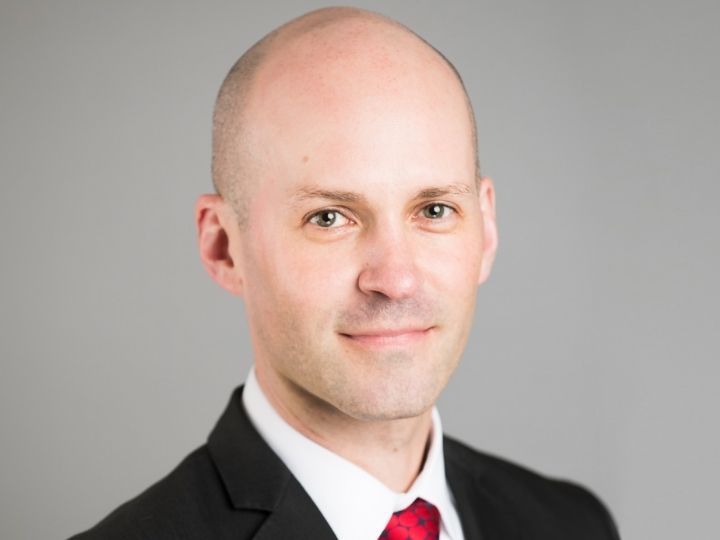

The childhood playground can be a tough place with insults flying faster than dodgeballs, and while some children outgrow the name calling, others never seem to. Hurling slurs as adults only exacerbates problems. The use of anti-gay slurs by heterosexual men against other heterosexual men is the focus of a new study by Nathan Grant Smith, an associate professor of counseling psychology and chair of the Department of Psychological, Health, and Learning Sciences in the University of Houston College of Education.
“Our results suggest that using anti-gay slurs may serve a status-protecting function for heterosexual men: When their masculinity is threatened, they may be more likely to punish other heterosexual men by calling them the f-word,” said Smith, whose findings were published in Current Psychology.
Smith, along with colleague Tyler Brown at McGill University, explored whether heterosexual men who had their status threatened were more likely to use anti-gay slurs against other heterosexual men. A group of 139 heterosexual male college students were randomly assigned to receive feedback on their gender roles: Half were told that their gender role was in the average male range and half were told that their gender role was in the average female range.
“We then presented them with vignettes of heterosexual men engaging in behaviors that go against traditional masculinity, like being emotionally expressive or not being physically strong or sexually virile and asked how likely they would be to use an anti-gay slur against the man in the vignette,” Smith said. “We found that those who had their status threated by receiving the ‘average female range’ feedback were more likely to say they would use an anti-gay slur against the man in the vignette.”
After examining responses further, the team found that straight men are targeted by anti-gay slurs, not because of their sexual orientation, but because of their perceived transgressions against traditional male group dynamics and norms.
“Using anti-gay slurs to put other men down may be a way to try to maintain status when men’s status is threatened,” Smith said. “These findings highlight a significant problem in our culture and offer insights into ways that we can help men strive for status in pro-social rather than anti-social ways. It is our hope that our research can help men to develop healthy masculinities that lift up all men, gay and straight alike.”